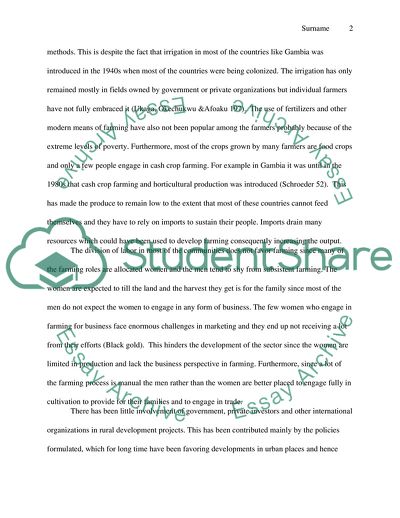Cite this document
(Not Found (#404) - StudentShare, n.d.)
Not Found (#404) - StudentShare. https://studentshare.org/agriculture/1844161-second-paper
Not Found (#404) - StudentShare. https://studentshare.org/agriculture/1844161-second-paper
(Not Found (#404) - StudentShare)
Not Found (#404) - StudentShare. https://studentshare.org/agriculture/1844161-second-paper.
Not Found (#404) - StudentShare. https://studentshare.org/agriculture/1844161-second-paper.
“Not Found (#404) - StudentShare”. https://studentshare.org/agriculture/1844161-second-paper.


